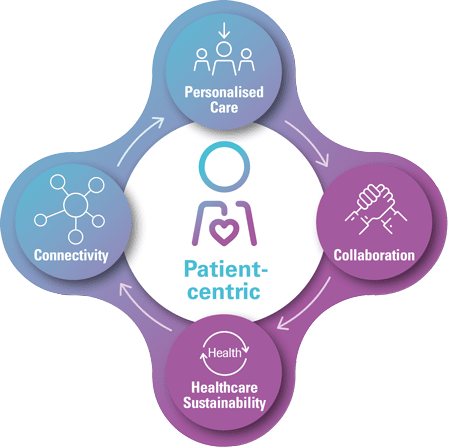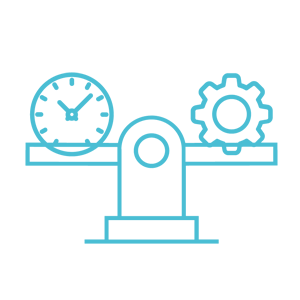1. Kulzer B, Daenschel W, Daenschel I, et al. Integrated personalized diabetes management improves glycemic control in patients with insulin-treated type 2 diabetes: Results of the PDM-ProValue study program. Diabetes Res Clin Pract. 2018;144:200-12. 2. Polonsky WH, Fisher L, Schikman CH, et al. Structured self-monitoring of blood glucose significantly reduces A1C levels in poorly controlled, noninsulin-treated type 2 diabetes: results from the Structured Testing Program study. Diabetes Care. 2011;34(2):262-7. 3. Weissmann J, Mueller A, Messinger D, et al. Improving the Quality of Outpatient Diabetes Care Using an Information Management System: Results From the Observational VISION Study. Journal of diabetes science and technology. 2015;10(1):76-84. 4. Mora P, Buskirk A, Lyden M, et al. Use of a Novel, Remotely Connected Diabetes Management System Is Associated with Increased Treatment Satisfaction, Reduced Diabetes Distress, and Improved Glycemic Control in Individuals with Insulin-Treated Diabetes: First Results from the Personal Diabetes Management Study. Diabetes technology & therapeutics. 2017;19(12):715-22. 5. Brotons C, et al. Benefits of a Blood Glucose Data Reader Device in the Management of Type 2 Diabetes Mellitus: Primary Care Nurses Perspective. Presented at Advanced Technologies & Treatments for Diabetes (ATTD) 5th International Conference; February 8-11; Barcelona, Spain. 2012. 6. Hinnen DA, Buskirk A, Lyden M, et al. Use of diabetes data management software reports by health care providers, patients with diabetes, and caregivers improves accuracy and efficiency of data analysis and interpretation compared with traditional logbook data: first results of the Accu-Chek Connect Reports Utility and Efficiency Study (ACCRUES). J Diabetes Sci Technol. 2015;9(2):293-301. 7. Kulzer B, Heinemann L, Hochstadt S, et al. Wie digital ist die Diabetologie in Deutschland? : Ergebnisse des Digitalisierungs- und Technologiereports Diabetes 2019. Diabetes, Stoffwechsel und Herz. 2019;28(4):189-96.









